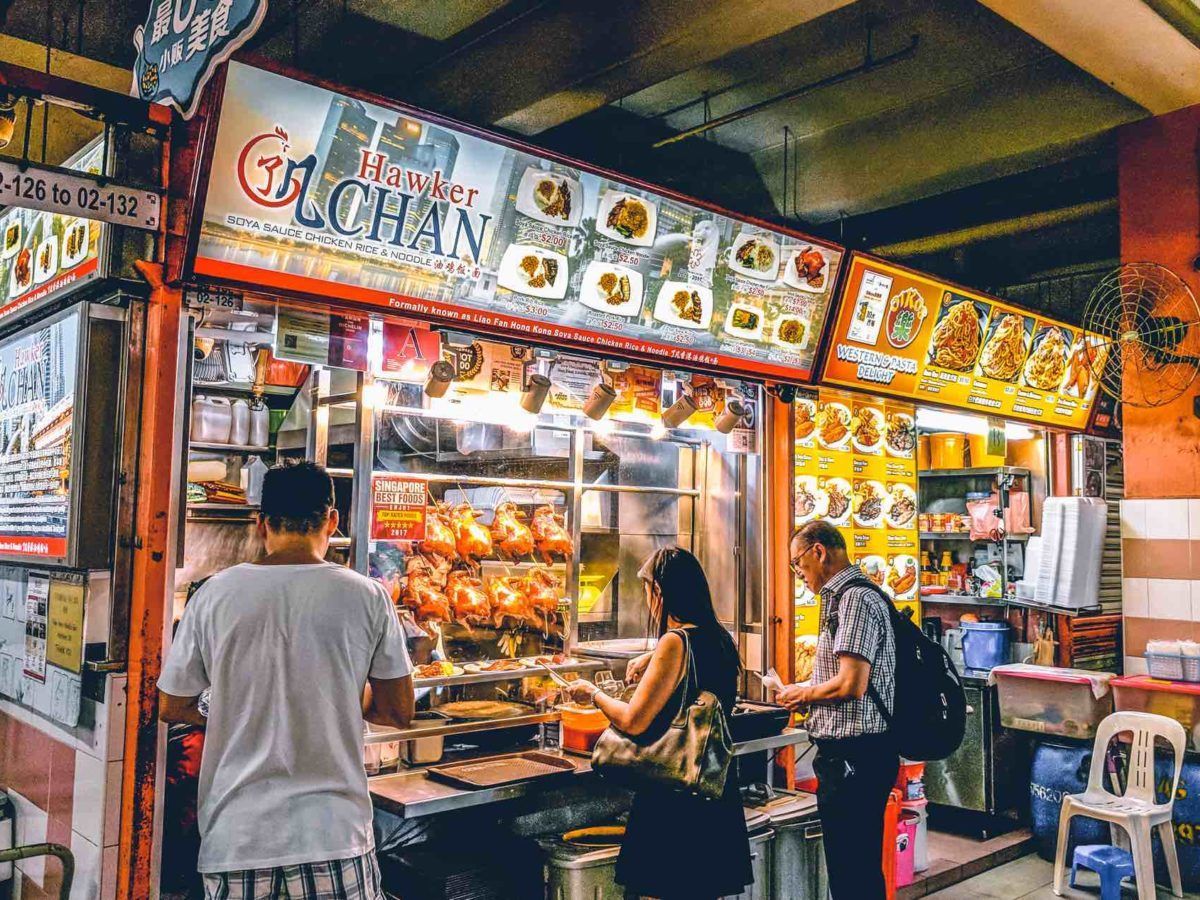
How CRM loyalty solutions help in operation efficiency
CRM (Customer Relationship Management) loyalty solutions play a significant role in helping F&B (Food and Beverage) businesses improve operational processes in several ways, particularly in the context of Singapore's dynamic F&B landscape. Let's explore how in this article.
Data-driven Insights
F&B CRM loyalty solutions gather and analyze customer data, including purchasing behavior, preferences, and demographics. By leveraging this data, businesses can gain insights into customer preferences, popular items, peak hours, and more. This information enables them to optimize inventory management, menu offerings, and staffing schedules, leading to smoother operational processes.
Personalized Marketing
With CRM loyalty solutions, F&B businesses can segment their customer base and create personalized marketing campaigns. By sending targeted promotions, discounts, and rewards based on customer preferences, businesses can drive repeat visits and increase customer loyalty. This targeted approach not only enhances customer satisfaction but also streamlines marketing efforts and reduces wasteful spending on ineffective campaigns.
Streamlined Ordering and Payment Processes
Some CRM loyalty solutions like Minty offer features such as mobile ordering and payment integration. This streamlines the ordering process, reduces wait times, and enhances the overall customer experience. By allowing customers to order and pay through a mobile app or website, F&B businesses can improve operational efficiency, especially during peak hours, and minimize errors associated with manual order taking.
Feedback and Engagement
F&B CRM loyalty solutions often include feedback mechanisms that allow customers to provide reviews, ratings, and suggestions. This feedback is invaluable for businesses seeking to improve their products and services. By actively engaging with customer feedback and addressing concerns promptly, F&B businesses can enhance customer satisfaction and loyalty. Additionally, CRM solutions enable businesses to track customer engagement and identify loyal customers, allowing them to reward and incentivize these customers further.
Integration with POS Systems and Inventory Management
Integration between CRM loyalty solutions and POS (Point of Sale) systems streamlines operations by automatically updating inventory levels, sales data, and customer information. This integration eliminates the need for manual data entry, reduces errors, and provides real-time insights into sales performance and inventory levels. By optimizing inventory management, F&B businesses can minimize waste, reduce costs, and ensure that popular items are always available.
Operational Efficiency and Cost Reduction
Overall, CRM loyalty solutions contribute to operational efficiency and cost reduction for F&B businesses. By leveraging data-driven insights, personalized marketing, streamlined ordering processes, and integrated systems, businesses can optimize their operations, enhance customer satisfaction, and ultimately increase profitability.
In Singapore's competitive F&B landscape, where operational excellence and customer loyalty are paramount, CRM loyalty solutions play a crucial role in helping businesses stay ahead of the curve and thrive in the market.
Minty
Minty is a CRM loyalty solution provider in Singapore that looks to constantly value add business owners, not only through our CRM loyalty solutions but also through infomative knowledge sharing articles like these.
If you are in the market for a CRM loyalty solution, WhatsApp us, or click here to send us an enquiry.
Interested in a CRM Based POS System, QR ordering or a standalone CRM membership system?
Send an Enquiry!
We will get back to you as soon as possible
Please try again later
You might also like


Location
160 Robinson Road SBF Center #26-02
Singapore 068914
Call
(+65) 6224 5788
WhatsApp Us
Click here to WhatsApp us

Navigation
Operating Hours
- Mon - Fri
- -
- Sat - Sun
- Closed
All Rights Reserved | Megasafe Technology Pte Ltd
